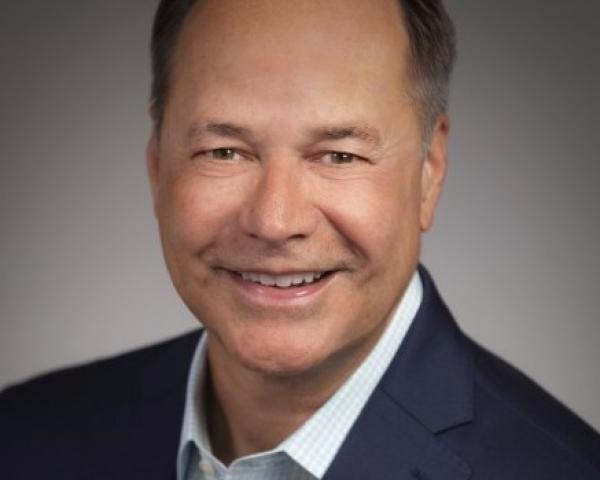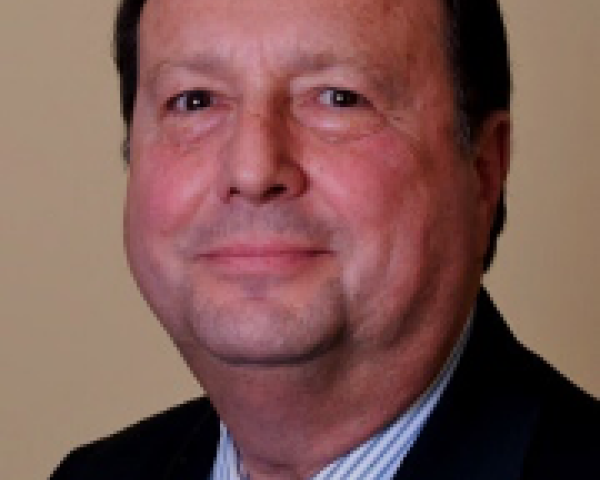As the adage says, "Trust takes years to build, seconds to break and forever to repair." The extensive and growing loss of trust in our most treasured institutions is responsible for the recent and rapid transformation of behavior and attitudes across the entire landscape.
Trust is created by the belief that institutions will uphold their stated values, follow established rules, and act with integrity, leading to a willingness to rely on them and respect their decisions. High levels of institutional trust are crucial for a well-functioning society, enabling cooperation, social stability, and citizen engagement.
When trust in institutions is low, it can lead to cynicism, social unrest, decreased participation in civic life, and difficulty implementing policies. The insurance industry ranks high on the list of vilified industries. Unfortunately, the murder of Brian Thompson and the ensuing criticism of healthcare insurance from many quarters is likely to bring more scrutiny to all segments of the insurance industry, including P&C. And some of that negativity may be justified.
Aftermath of UnitedHealthcare CEO Brian Thompson Assassination
The shocking number of sympathetic voices in support of the accused murderer of Brian Thompson appearing in social media and several insurance publications are the latest manifestation of this corrosive loss of trust. Consumer activist Sen. Elizabeth Warren even stated that the killing served as a “warning” of sorts that “you can only push people so far and then they take matters into their own hands.” Other opportunists are jumping on the bandwagon and fanning the flames even before we know the reasons why the alleged killer acted and if it was truly motivated by insurance outrage.
The P&C Insurance Industry
The P&C insurance industry is expected to exceed $2 trillion this year in the U.S. alone and is experiencing its own turmoil and breaches of trust. From the beginning, insurance was centered on the "ultimate covenant," with the promise to pay should an event occur, subject to specified conditions, including payment of premiums. However, underlying sentiment combined with the recent inflection point in healthcare serves as an alarm bell to all forms of insurance.
There are several generally perceived breaches of trust in P&C, as well. Massive rate increases and recent uninsured events and denials of coverage are in the forefront of consumers' minds. Questionable use of personal information collected in conjunction with connected vehicle programs along with overall insurance distrust has limited opt-in of usage-based auto insurance. A common refrain is, "I don’t want my insurance company watching me drive.” Use of aerial imagery has sparked commentary: “Is my insurer spying on me?” Recurring regulatory fines, class action suits and settlements focused on claims practices are extensively reported as tying reduced payouts to higher profits. The suspension and withdrawal of coverage, and threats of that by carriers, in higher risk markets such as California, Florida, New York, and New Jersey have only added to the animosity and loss of trust.
See also: Building Trust in Insurance with Technology
Trail of Broken Trust
Trust in general has been slowly deteriorating in numerous and serious ways across a broad swath of society.
In no particular order of either severity or chronology, some major examples of breaches of trust;
- Rising rates of urban crime, from carjackings to “smash and grabs” and theft have contributed to retail store closings and reduced foot traffic in the nation's premier retail shopping areas.
- Trust in several federal agencies to keep us safe has been broken repeatedly: FEMA’s inadequate responses to Katrina and, recently, Helene in North Carolina and other extreme events illuminated DHHS/CDC/NIH/FDA’s failures with regard to the pandemic response, food safety, vaccination policy, water quality and more.
- Trust in our politicians has declined noticeably as polarization between the two-party system has eroded civility and ignited retribution between these factions, spilling over into negative campaign ads and social media jibes.
- Our social media platforms are sharing our personal information and habits for profit and are disseminating disinformation that manipulates our opinions on a range of issues
- Frequent data breaches and abuse of private information have resulted in consumer loss of trust in companies to protect their personal information, safety and security.
- Increasingly, large media organizations (broadcast and print) have become aligned with one of the two political parties and no longer present independent and balanced reporting. Local and community reporting is quickly vanishing.
- The most current example of government failure is the inability of numerous law enforcement and national security agencies to address the mysterious drones flying over the Northeast, leading to a variety of concerns, frustrations and fears.
Legal System Abuse and Social Inflation
Insidious and exploding “nuclear” jury verdicts and the impact of litigation funding have driven up the cost of insurance defendant settlements, which inevitably are passed along to policyholders in premium increases. General opinion is that the industry is not sufficiently focused on containing and combatting these threats but rather relies on lawmakers, who move slowly and often reluctantly. In the meantime, the costs from legal abuse are passed on to businesses and consumers, raising additional ire.
Protection Gaps
The global insurance protection gap is the difference between the total economic losses from natural disasters and the amount that is insured. It's a measure of how well societies and economies can withstand disasters. In 2023, the global protection gap was estimated to be $1.83 trillion, and only 38% of global economic losses from natural disasters were insured. As claims mount from extreme weather disasters, policyholders who assumed they had coverage are shocked to learn that it is not so in many cases. Naturally, their disappointment turns to anger directed against their insurers. This gap is only growing for businesses and consumers as rates and deductibles increase and coverages are dropped or policy conditions are re-written. Many are concerned with the cascading impact to the housing market as combined mortgage rates, taxes and insurance push the American dream of homeownership further away.
P&C Industry Lobbying
Property and casualty (P&C) insurance companies have outspent health and life insurance peers in lobbying the U.S. government over the past 10 years, according to an S&P Global article. In 2023, P&C insurers spent approximately $57.2 million on lobbying, while health insurance spent about $49.2 million and life insurance about $31.1 million, the article says. Industry analysts question the accuracy and transparency of these expenditures as being inconsistently reported and in some cases understated.
Recent media reports claim the P&C industry has seen a $4.1 billion net underwriting gain for the first nine months of 2024 after raising annual car insurance premiums by 26%, on average, nationally. The link between the lobbying investment and these premium increases should be obvious and one can understand the impact on public opinion.
See also: Embedded Insurance: A Major Disruptor
On the Horizon
The full impact of AI in insurance cannot be fully imagined just yet, but there are already great concerns. Bias, hallucinations and privacy are just a few. Carriers are going to great lengths to wall off AI programs for fear of data breach. Shortly after the launch of ChatGPT, concepts of widespread job replacement quickly reshaped to ideas of using AI as a copilot, underscoring this unknown and double-edged new power. AI for the purpose of approving/rejecting health claims is going through enormous criticism as the matter of fairness is questioned. There is tremendous room for the insurance industry to demonstrate how AI in claims can bring consistency, fairness and transparency while delivering efficiency and healthy stewardship of premium revenue.
Restoring Trust
It may not take “forever to repair,” but the insurance industry can do a lot to begin the process and start making progress. The industry needs to speak to consumers with one voice.
Communications should be in plain, candid and concise language (not corporate speak) and include details of the steps they plan to take and changes they plan to implement. Communication around claims should be especially speedy, clear, frequent and accurate. The healthcare segment will have to face up to public criticism and conduct a basic re-evaluation of their business model, practices and procedures – and do it before the federal government imposes its own version.
Addressing the enormous protection gap described above is a prime opportunity to not only rebuild trust but also represents an enormous economic opportunity for innovative carriers. A recent example from the North Carolina Insurance Underwriting Association involves grant monies to homeowners to invest in home resilience before a claim happens and raises the question of what further role should P&C play in avoiding losses?
We trust in the fundamental integrity of the many thousands of insurance industry professionals and call upon investors, boards and executives to do the right thing to ensure the health and longevity of this critically important industry. While the industry response is yet to be seen, it begins with introspection.









